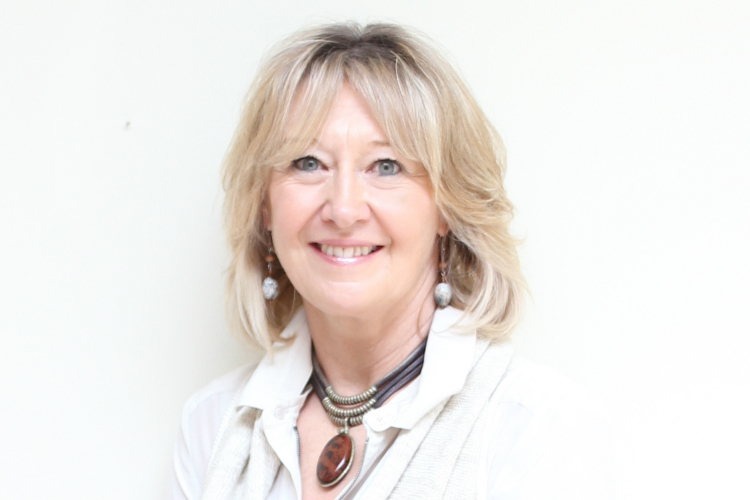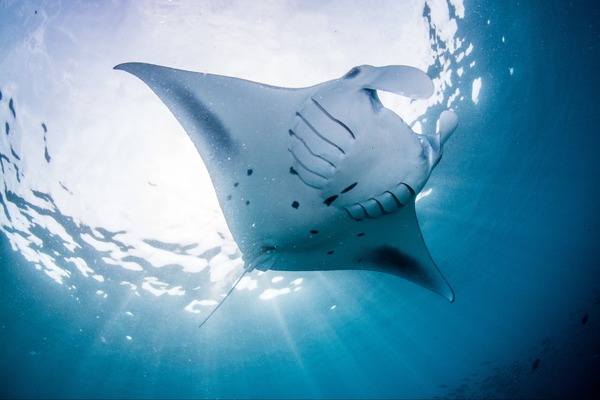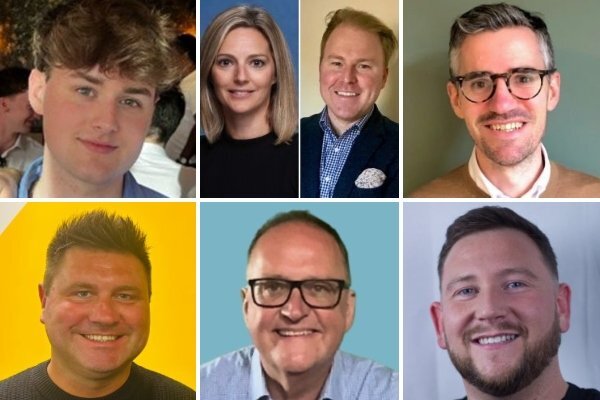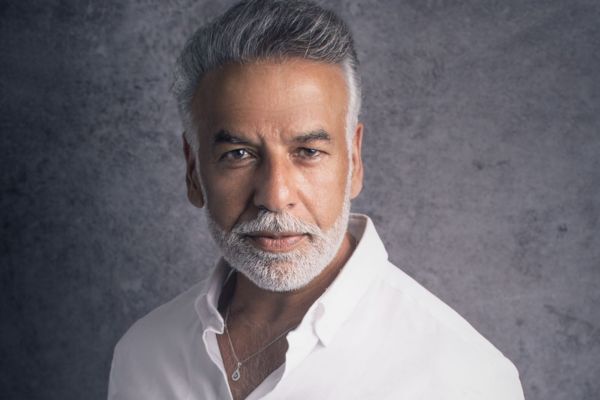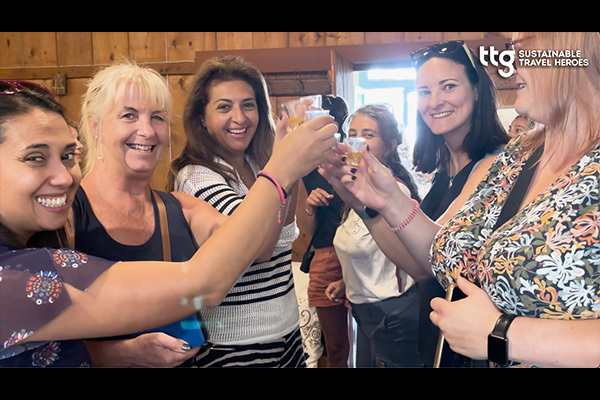What does sustainability really mean to the customer?
 James Chapple
James ChappleAfter David Attenborough’s Blue Planet II pushed issues of responsible tourism and sustainability, such as single-use plastics, to the forefront of the news agenda and public conscience, Fiona Jeffery OBE says it is time travel capitalised on the momentum and puts its own house in order.
One of the biggest challenges faced when engaging in the sustainability agenda is understanding what "sustainability" actually means.
The truth is it covers a very broad church and too often, the language used is either academic or technical in its nature.
It turns off and alienates the ordinary person in the street while for business, it becomes something too complex to understand, never mind engage with.
As a consequence, there’s been an over-reliance on “experts” within larger companies to lead the agenda and demonstrate what can and should be done within the tourism arena.
Companies like Tui and Rezidor, and specialist operators like Intrepid Travel and Wilderness Safaris, have taken time to understand and embrace the sustainability agenda and embed it within their DNA.
Encouragingly though, for the first time since Al Gore’s 2006 film "An Inconvenient Truth", sustainability issues are hitting consumer consciousness.
We are now seeing and experiencing the impact the lack of sustainable practises are having on our destinations and communities, and impacting the customer experience.
Take the overcrowding backlash experienced last summer in Barcelona, Dubrovnik and Venice.
This isn’t a new issue. Venice has suffered from tourist overcrowding for more than a decade, but for the first time local people began to actively protest. The tourism industry has had to respond.
Consumers have to consider changing their behaviour, be it the destination or time of travel.
The cruise sector has had to change its operational practises.
As an industry, we should be more concerned with effective destination management than destination marketing and appreciate the difference.
David Attenborough’s Blue Planet II has raised massive consumer consciousness regarding the health of our oceans and marine life, leading to the long-awaited debate on the use of single use plastics.
This too has led to change behaviour with companies such as Sky, BBC, and Hurtigruten banning single-use plastics and many more will follow.
The water crisis in Cape Town brought into stark public awareness the fear of what Day Zero might look like, with water queues at centralised taps.
It resulted in wholesale behavioural change by residents, businesses, and local government, but was also positively embraced by the tourism businesses and the tourists themselves.
A lot has been learned from their experience, which should be shared across the world in the interests of water conservation and management.
The killing of Cecil the Lion by a trophy hunter in Zimbabwe created a worldwide outcry and again raised awareness of a growing public desire to protect our planets wildlife for generations to come.
So for the first time in many years, I feel more positive about our industry’s role in contributing to this growing movement for behavioural change in the interests of preserving our planet and communities.
The movement has been around for 25 years but progression, in my view, has been too slow, but as understanding grows as to what sustainability actually means in practical terms, so does our need to respond.
If we as an industry don’t take more responsibility to protect the very product (our planet) we seek to promote, we don’t deserve to be in business in the next 25 years.
Fiona Jeffery OBE is the founder of water charity Just A Drop and sits on the UN World Ethics Committee for Tourism. She is also senior partner, Finn Partners, Global Responsible Tourism Practice.
Sign up for weekday travel news and analysis straight to your inbox

James Chapple
Supplier Directory
Find contacts for 260+ travel suppliers. Type name, company or destination.
